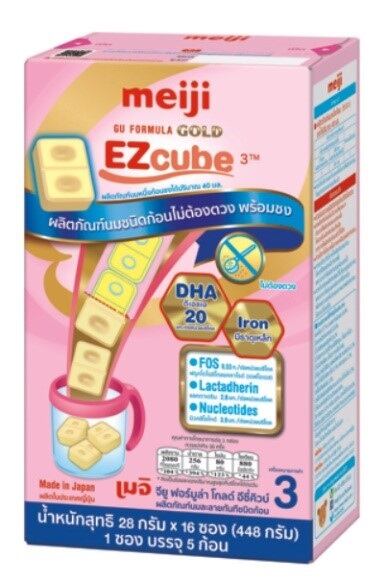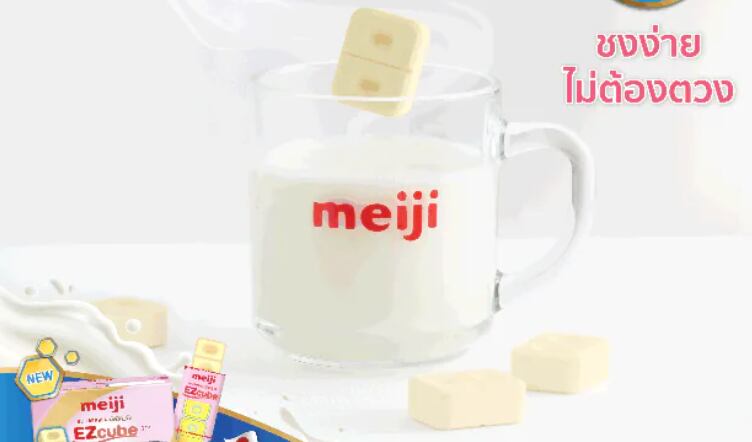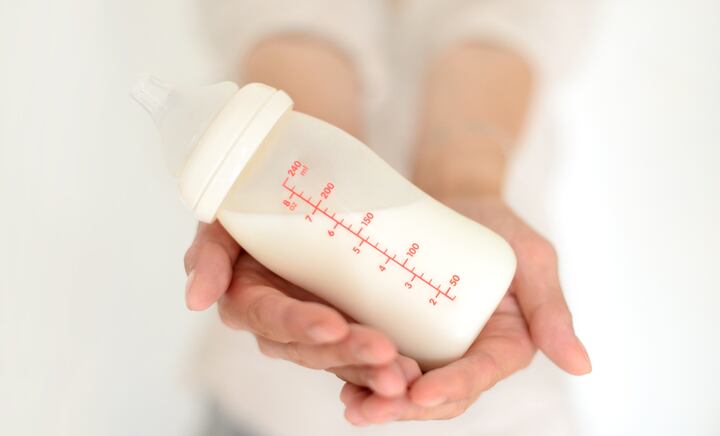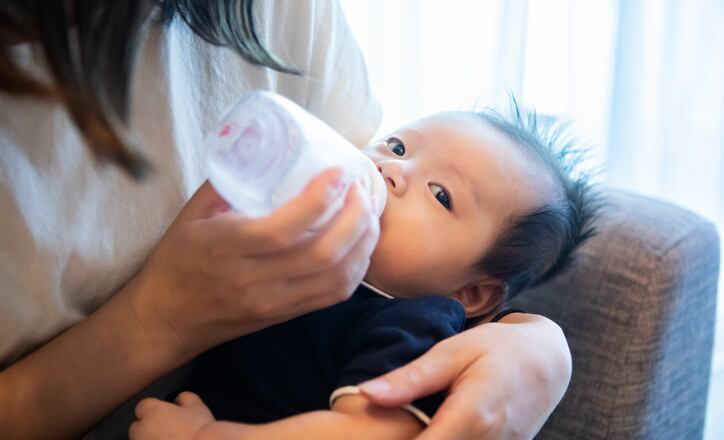Known as Meiji GU Formula Gold EZcube, the product is sold in Thailand mainly via ecommerce. However, there are plans to introduce it to the hypermarkets, supermarkets, convenience stores, and baby care stores, the company told us.
Each powder cube weighs 5.6g and are packed in a sachet, with each sachet containing five cubes.

Consumers are able to buy the product in a box of two sachets or 16 sachets, retailed at THB55 (US$1.64) and THB338 (US$10) respectively.
It is designed to overcome common complaints that parents have when preparing formula milk for their kids, including having to measure or weigh the amount of powder required, powder spillage, and the inconvenience of carrying the bulky tins home.
The technology for making the cubes – which is Meiji’s proprietary technology – is in fact the same as the one used for manufacturing Danone’s Aptamil pre-measured tabs launched in the UK a year ago.
Meiji is also selling a similar product in Japan, Taiwan, Vietnam, and Hong Kong.
“In Japan, products in the powder format are still mainstream. However, recently, the product, which is more convenient and hygienic for use, it has been well-received, and sales are increasing. The same trend applies to the other overseas markets.
“This cube-type product can also differentiate ourselves from the competitors, which is why we have decided to re-enter Thailand’s milk business with EZcube products.
“We believe that our product can address the Thai consumers’ demand for hygienic storage and preparation without the need to use a spoon,” said Yuko Nakamura, public relations at Meiji.
The target consumer is working mothers juggling between work and childcare.
“EZcube is strong enough to resist crumbling during transportation but is able to dissolve quickly in hot water,” she said.
The production process requires the powder to be compressed at a low compression pressure of 2MPa – this is to ensure the solubility of the cubes.
The compressed milk is then humidified at the surface – this helps to form important structures and prevent the cubes from breaking or crumbling during transportation. The technology is protected by a patent.
Nutrients wise, the formula contains DHA, calcium, iron, fructo-oligosaccharides, vitamins, minerals, lactadherin – a major component of the milk fat globule membrane (MFGM), and nucleotides.
History
According to the company, it started selling powdered milk in Thailand in 1968, which came to a pause in 2005 – due to the effects of recession caused by the international currency crisis.
However, the company continued to sell confectioneries such as yogurt, sweets, liquid milk, and its Meiji Amino collagen powder.
“Meiji has good brand recognition in Thailand. Moreover, Japanese brands are trusted in Thailand and so Meiji was looking for an opportunity to re-enter the country’s milk powder market,” Nakamura said.




